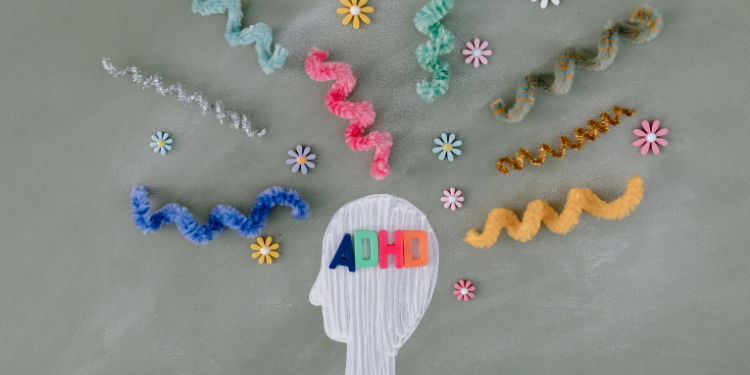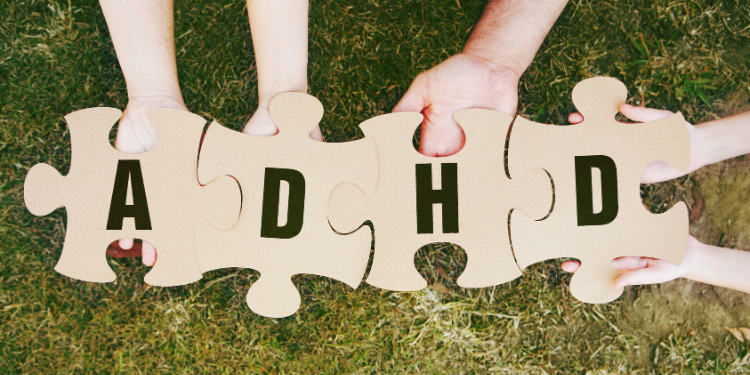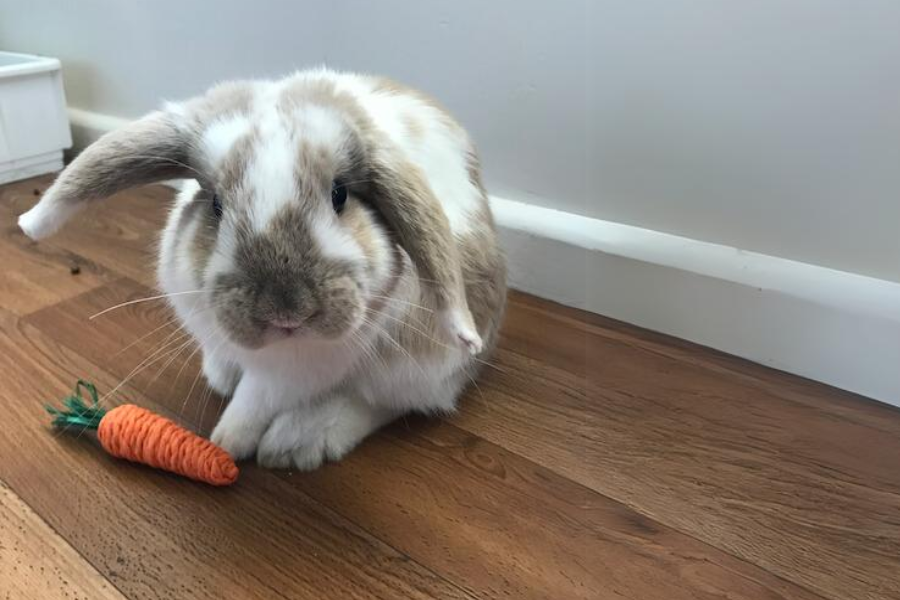Has the pandemic been all bad news for couples? Recent research done in the UK and US has suggested that the pandemic has been a positive for many.
Research into what makes marriages last the distance indicates the impact of having time together and the “little things every day” – such as expressing appreciation – has in helping marriages both thrive and survive.
Recent research conducted in the US[1] suggests that the COVID-19 pandemic has promoted relationship stability for some couples, who report feeling closer and stronger. While there were couples who indicated that their relationship had “stayed the same”, there were more couples who reported a greater commitment to their marriage and more appreciation for their partners than before the pandemic.
Perhaps the pandemic has pushed couples to rely on each other more, spend time together more, giving them more opportunities to be responsive in positive ways and show emotional support in different ways. “Enduring a pandemic together may have given some couples a new sense they are a ‘team’, and a resilient one at that.”
Research conducted in the UK by The Marriage Foundation [2] this year is also interesting. Their research reported twice as many marriages had improved during lockdown compared to those that worsened. They used the data from two and a half thousand couples with children who responded to the June survey of the UK Household Longitudinal Survey’s Coronavirus study.
Their key findings can be summarised as follows:
- Twice as many marriages got better rather than worse;
- A few more marriages than usual experienced high levels of unhappiness or conflict, but those levels were still well below those typically experienced by couples who go on to divorce; and
- Two thirds fewer fathers and mothers than usual were actively considering divorce.
One other interesting trend observed in the UK research was the impact that commitment had upon those couples – there was a difference between couples who are married and those who are co-habiting, particularly for the women. At least twice as many married parents said their relationship had got better rather than worse. However more cohabiting mothers said their relationship had got worse rather than better.
[1]“A surprise Twist: The Pandemic Brings Some Couples Closer” by Theresa E DiDonato, Psychology Today, 15 November 2020
[2] “Has lockdown strengthened marriages?” by Harry Benson & Stephen McKay, Marriage Foundation, November 2020




